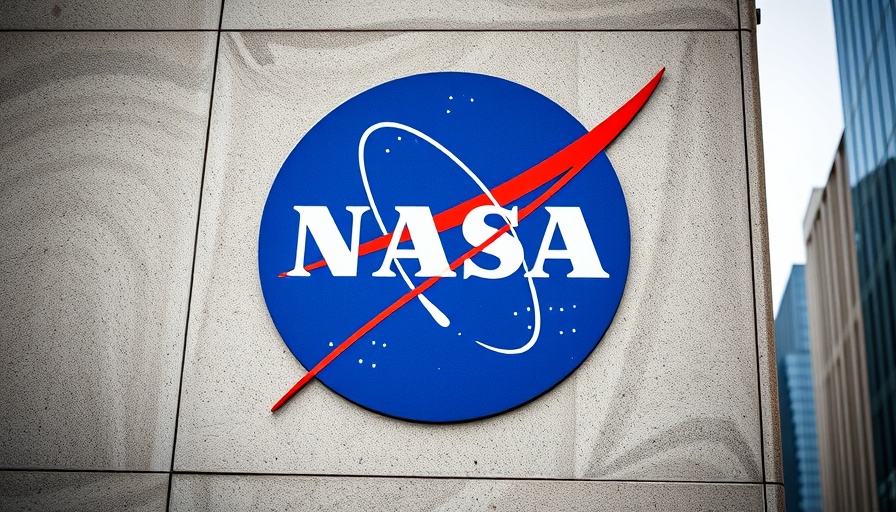
The Voices from NASA: Employees Voice Their Concerns on Agency Budget Cuts
In a compelling move, over 280 current and former NASA employees have united their voices against proposed sweeping budget cuts at the agency. Their collective letter, aptly titled "The Voyager Declaration," underscores significant concerns that these cuts may have more extensive implications on public safety, national security, and ongoing scientific endeavors.
Understanding the Voyager Declaration
This open letter, addressed to Interim NASA Administrator Duffy, has gathered signatures from 131 publicly named individuals and an additional 156 who chose to remain anonymous. Their united front emphasizes dismay over what they deem as "rapid and wasteful" changes in policies that fundamentally threaten NASA's mission. The group highlights detrimental decisions affecting staffing, essential scientific missions, and international partnerships, painting a dire picture of potential outcomes which could undermine NASA's crucial role in space exploration.
Key Concerns Raised
Among their serious allegations is a concerning violation of established congressional appropriations law. The signatories articulated worries about the decommissioning of operational spacecraft and cancellation of vital international collaborations. These changes could hinder not just individual projects but also the overarching ambition of space exploration and research that has achieved global acclaim. Furthermore, the open letter scrutinized cuts to NASA's workforce development and diversity programs, such as the Office of STEM Engagement, which play an essential role in fostering new generations of scientists and engineers.
This is More Than Just Budgeting: Implications for Safety and Progress
The alarming trends within NASA come at a time of transitioning federal priorities and an increasingly complex space environment. Critics warn that without proper funding, missions crucial for studying space phenomena, as well as understanding climate change and Earth sciences, will be compromised. In an era where international collaborations in space are pivotal, cutting these funding sources risks alienating potential allies and falling behind in the global effort to advance space exploration.
Broader Context: NASA’s Role in Society
The implications of NASA's budget cuts reach far beyond the space agency itself. They resonate across the educational landscape, as the opportunities for students in STEM fields could diminish, hindering American competitiveness in tech and science. Losing crucial funding for educational programs, which have inspired countless students to pursue careers in these vital fields, represents a significant setback for both NASA and the future workforce.
The Future: Can NASA Adapt?
Looking ahead, there are several options for NASA. The open letter raises the need for additional advocacy and support from the public, as it calls for constituents to engage with Congress to ensure that equitable funding is restored. Prioritizing NASA is not just about scientific interest; it is integral to maintaining safety and scientific advancement, particularly as competitors such as China significantly ramp up their exploration efforts.
Join the Conversation: Your Voice Matters
As NASA navigates through these turbulent waters, it invites public opinion and participation. Citizens who value scientific progress and exploration are urged to engage with their representatives, ensuring that NASA remains at the forefront of not just space exploration but also innovation on a global scale.
This situation highlights an important civic duty: that fostering strong scientific institutions requires coordinated effort from both the agency and those it serves. A thriving NASA is a boon not only for the United States but holds benefits for humanity as a whole. Let’s rally behind the cause of preserving crucial funding for space exploration. The future is a collaborative effort.
 Add Element
Add Element  Add Row
Add Row 



Write A Comment